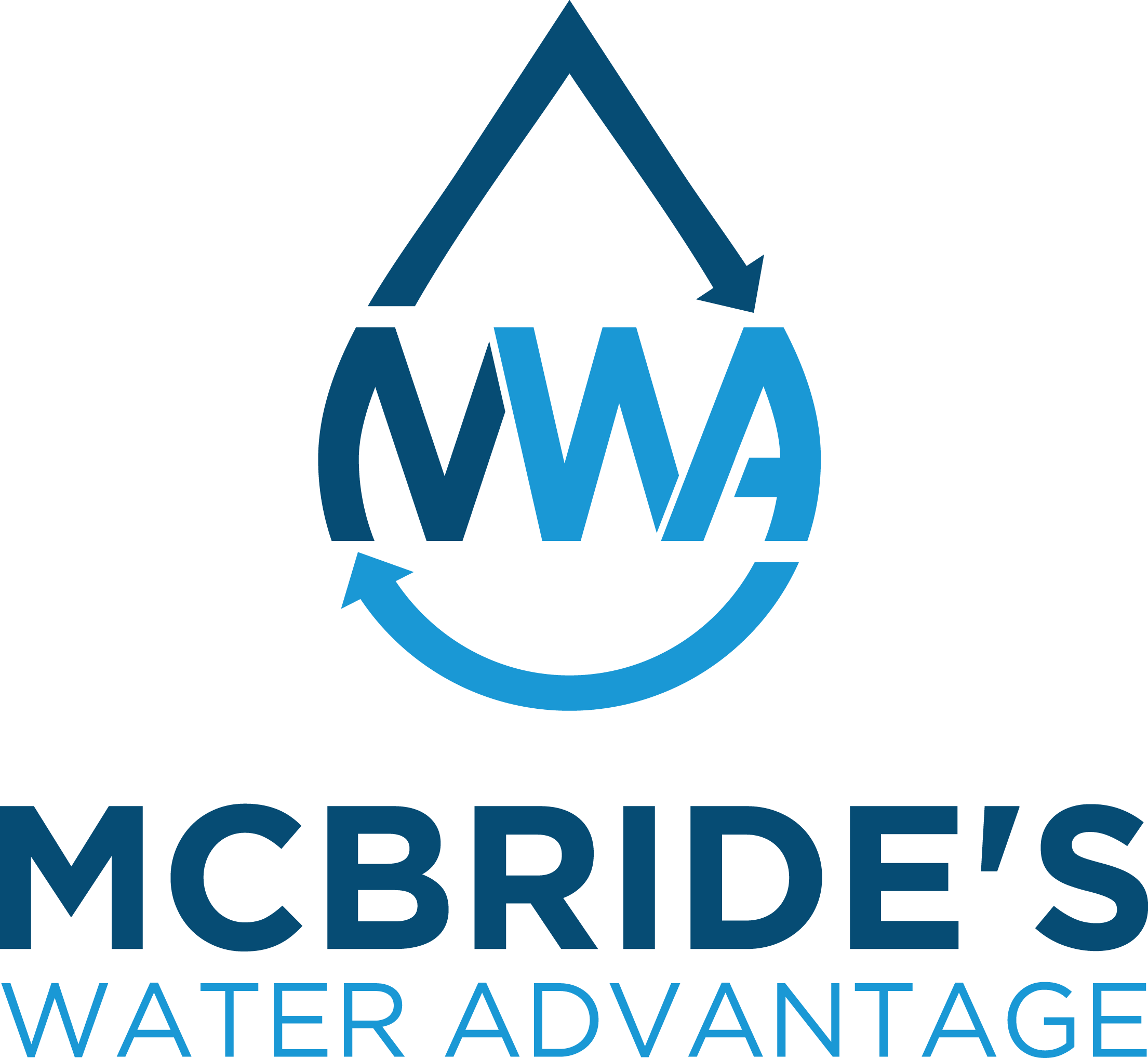 Over the past few years, an increasing amount of attention has been paid to the levels of arsenic in our nation’s drinking water. Although low-level exposure to the contaminant used to be considered relatively harmless, new research has shown that long-term exposure to low levels of arsenic can be the cause of a variety of chronic and life-threatening diseases. In order to shed some light on this growing concern, today we’re going to talk about how arsenic gets into New Hampshire’s drinking water and what you can do to remove it from the water in your home!
Over the past few years, an increasing amount of attention has been paid to the levels of arsenic in our nation’s drinking water. Although low-level exposure to the contaminant used to be considered relatively harmless, new research has shown that long-term exposure to low levels of arsenic can be the cause of a variety of chronic and life-threatening diseases. In order to shed some light on this growing concern, today we’re going to talk about how arsenic gets into New Hampshire’s drinking water and what you can do to remove it from the water in your home!
What is arsenic and how does it get into drinking water?
Arsenic is a colorless, odorless and tasteless semi-metal that occurs naturally in the earth’s bedrock. When a private well is dug into bedrock that contains arsenic, the contaminant can seep into the well and show up in the drinking water of the home that’s connected to the well.
In New Hampshire, there is an approximately 1 in 5 probability that a well will naturally contain levels of arsenic higher than 10 parts per billion, which is the EPA’s current maximum contaminant level for the contaminant.
Because arsenic cannot be detected by human senses, the only way to know whether or not it is in your home’s drinking water is to have your water tested by a professional. McBride’s offers a comprehensive water testing service that will measure your water for levels of total arsenic, arsenic III and arsenic V.
What are the health effects of arsenic in drinking water?
Studies have linked long-term exposure of arsenic, even at low levels, to the following health conditions:
- Increased risk of developing cancers of the skin, bladder, lung, kidney, nasal passages, liver and prostate
- Diabetes
- Cardiovascular disorders
- Immunological disorders
- Neurological disorders
How can you remove arsenic from your drinking water?
As you can tell from the health risks listed above, arsenic exposure is a serious problem and you should take steps to remove any traces of the contaminant from your drinking water. There are a variety of filtration methods that are effective at removing arsenic from water, including reverse osmosis, anion exchange and adsorptive media. After testing your drinking water, we can provide you with recommendations on which types of filters would be right for your home.
Arsenic can be removed by both point-of-use and whole house filtration systems. We typically recommend going with a whole-house system, because it will remove arsenic from the drinking water that comes from every single tap in your home. However, if a whole house system doesn’t fit your budget or size of your home, a point-of-use system will provide you with a single tap of arsenic-free drinking water.
If you have any questions about arsenic in drinking water, or if you’d like a water system serviced or installed in your home, contact McBride’s Water Advantage, your water softener and water filtration system dealer in Epsom, NH. We provide service all over New Hampshire, including towns like Canterbury, Epping and Strafford, NH.
photo credit: fdecomite via photopin (license)
